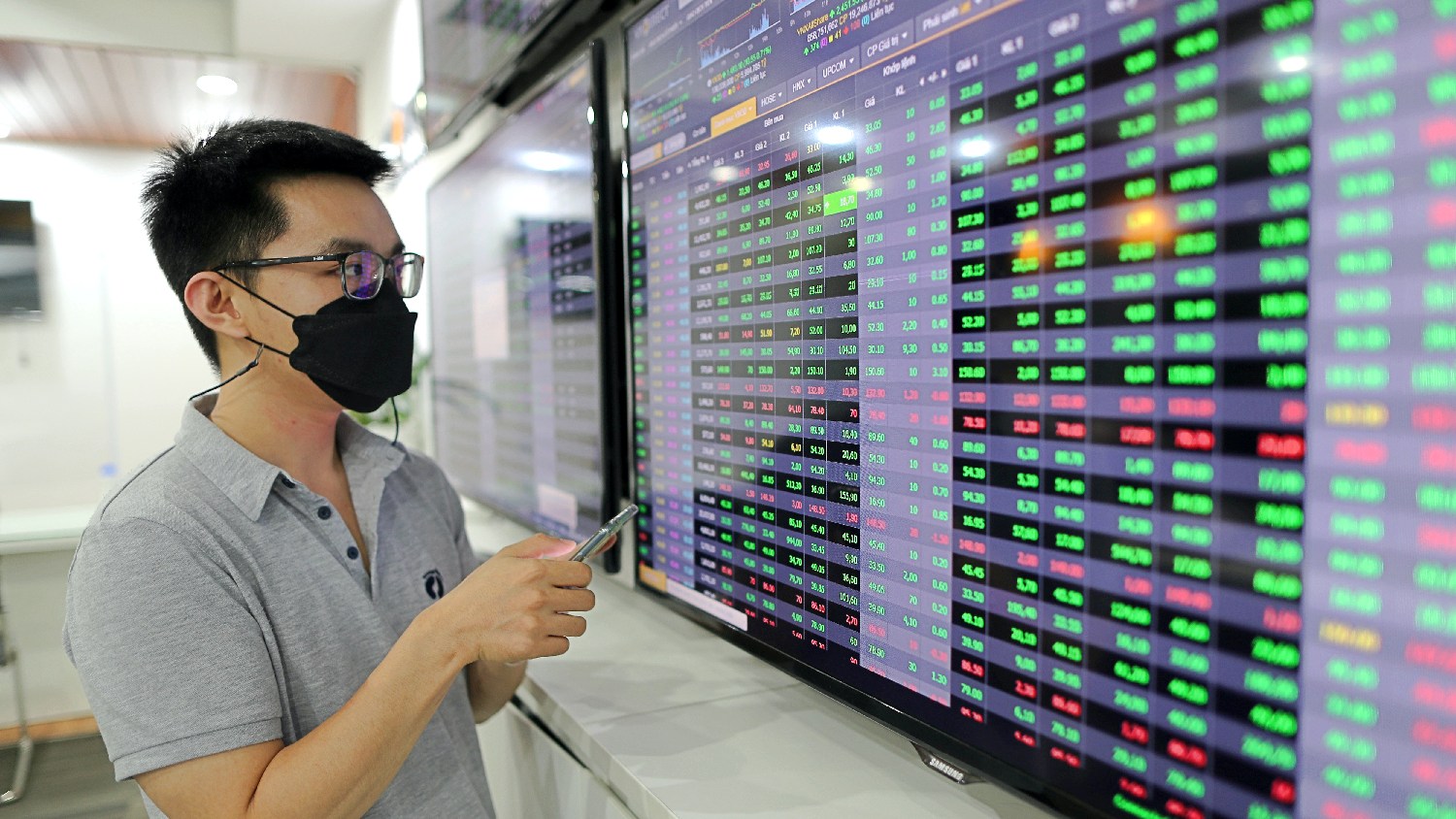Risks arising from participation in online international stock exchanges
"Investors who participate in trading international securities on platforms not organized and operated by the Vietnam Stock Exchange and its subsidiaries should exercise utmost caution, particularly with regard to solicitations promising high interest rates or returns that lack transparency. Investors are advised to be vigilant when receiving invitations to invest in international stock or derivative trading platforms."
This is a warning issued by the State Securities Commission of Vietnam in light of the increasing number of individuals engaging in investment channels that are not recognized under Vietnamese law.
According to the State Securities Commission of Vietnam (SSC), there have recently been instances where certain organizations and individuals have falsely claimed to be international securities companies, representatives of international stock exchanges, or operators of such platforms (e.g., BE Exchange, DK-Trade, FTXtrade.com, LCM, Multibankfx, etc.). These entities have solicited and invited investors to open accounts and deposit funds into e-wallets in order to invest in stock indices or international derivatives on trading platforms that are not organized and operated by the Vietnam Stock Exchange and its subsidiaries.

The most common methods of solicitation include the use of social media, direct phone calls, and text messages. These parties often provide step-by-step instructions to investors on how to open accounts, deposit funds, and conduct transactions via websites or applications under their control (such as MT4, MT5, TradingView, etc.). According to reports from the investigative police agencies and investor complaints, some of these entities have manipulated stock prices through their platforms, causing investor losses and subsequently appropriating their investment funds.
At present, investors in Vietnam are engaging with these online trading platforms either directly or indirectly. In direct transactions, investors open accounts themselves on the trading platform’s website and conduct international securities transactions independently. In indirect transactions, investors place buy/sell orders through individuals or organizations who claim to represent the platform in Vietnam. These representatives then perform transactions, transfer and withdraw funds on behalf of the investors, report profits and losses, and may demand additional capital when the investor’s account suffers losses that affect the margin balance.
According to the SSC, under the current laws on securities and the securities market, no organization or individual other than the Vietnam Stock Exchange and its subsidiaries is permitted to organize or operate a securities market. Any securities company operating in Vietnam must be licensed by the SSC, and individuals engaging in brokerage activities must meet professional standards and be certified by the SSC. All securities that are traded or listed on the Vietnamese market must comply with relevant legal requirements, including listing and registration conditions, prior to being eligible for trading on official exchanges.
In light of the risks associated with online securities trading platforms, the SSC has issued public warnings urging investors to exercise caution when participating in platforms not operated by the Vietnam Stock Exchange and its subsidiaries. Investors who choose to engage in these platforms do so at their own risk and are not afforded protection under Vietnamese law.
Accordingly, the State Securities Commission continues to caution investors to exercise extreme care when investing in international securities on trading platforms not organized or operated by the Vietnam Stock Exchange and its subsidiaries—especially in cases involving high-return or high-interest promises that show signs of non-transparency. Investors are strongly advised to verify platform-related information (including the licensing authority, regulatory body, trading mechanisms, and the rights and obligations of the parties involved) to ensure they have a legal basis for protecting their interests in the event of asset-related disputes.









